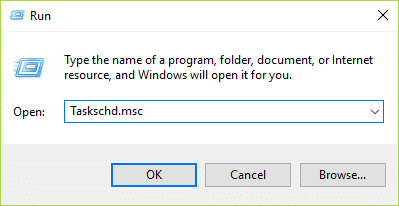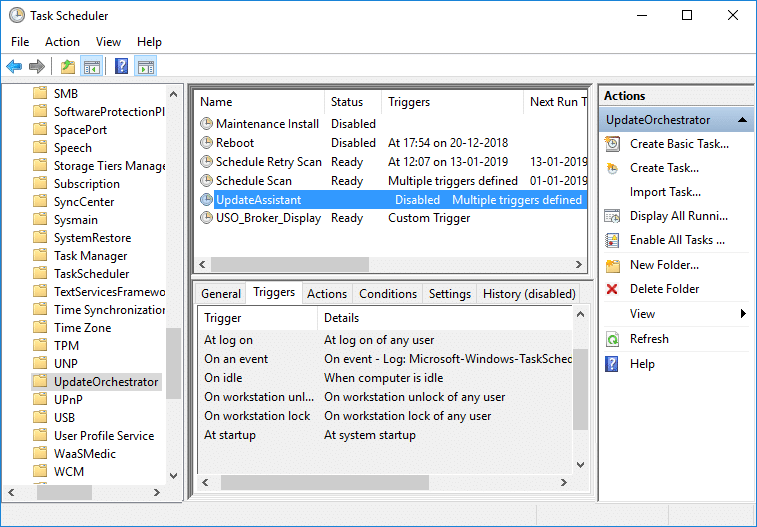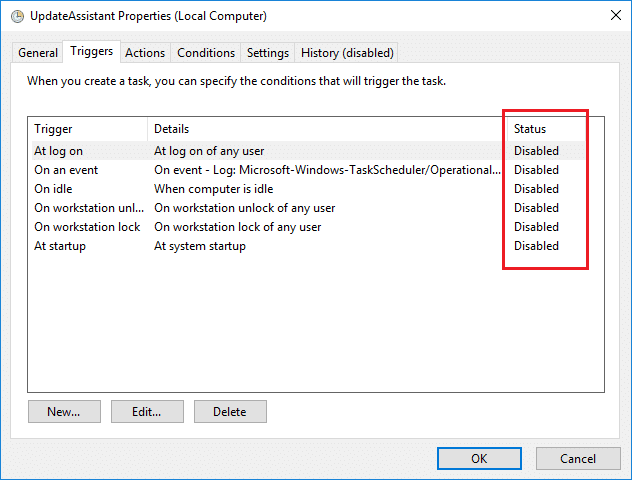Stop Windows 10 Update Completely [GUIDE]
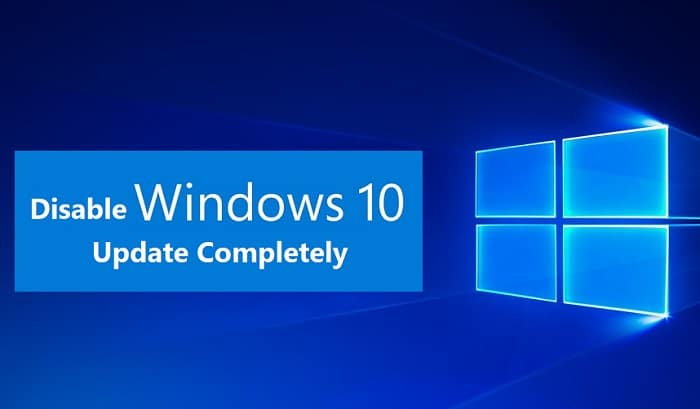
With the introduction of Windows 10, you won’t enable or disable Windows updates using Control Panel as you used to be in the earlier version of Windows. This doesn’t work for users as they are forced to download and install the Windows Automatic updates whether they like or not but don’t worry as there is a workaround this problem to disable or turn off Windows Update in Windows 10.
The main issue is the unexpected system restart because most of your time will go into updating and restarting your Windows 10, and this issue becomes frustrating when this happens in the middle of your work. So without wasting any time, let’s see How to Stop Windows 10 Update Completely with the help of the below-listed tutorial.
Stop Windows 10 Update Completely [GUIDE]
Note: Make sure to create a restore point just in case something goes wrong.
Step 1: Disable Windows Update Service
1. Press Windows Key + R then type services.msc and hit Enter.
2. Find Windows Update in the services list, then right-click on it and select Properties.
3. If the service is already running, click on Stop then from the Startup type drop-down select Disabled.
4. Click Apply, followed by OK.
5. Now make sure you don’t close the Windows update service Properties window, switch to Recovery tab.
6. From the “First failure” drop-down select “Take No Action” then click Apply followed by OK.
7. Reboot your PC to save changes.
Step 2: Block Automatic Windows Update using Group Policy Editor
1. Press Windows Key + R then type gpedit.msc and hit Enter to open Local Group Policy Editor.
2. Browse to the following location:
Computer Configuration > Administrative Templates > Windows Components > Windows Update
3. Make sure to select Windows Update in the right window pane double-click on Configure Automatic Updates policy.
4. Checkmark “Disabled” to disable Automatic Windows updates and then click Apply followed by OK.
Alternative: Block Automatic Windows Update using Registry
1. Press Windows Key + R then type regedit and hit Enter to open Registry Editor.
2. Navigate to the following inside Registry:
HKEY_LOCAL_MACHINESOFTWAREPoliciesMicrosoftWindows
3. Right-click on the Windows key then selects New > Key.
4. Name this newly created key as WindowsUpdate and hit Enter.
5. Again right-click on WindowsUpdate then select New > Key.
6. Name this new key as AU and hit Enter.
7. Right-click on AU key and select New > DWORD (32-bit) Value.
8. Name this DWORD as NoAutoUpdate and press Enter.
9. Double-click on NoAutoUpdate DWORD and change its value to 1 and click OK.
10. Reboot your PC to save changes.
Step 3: Set your Network Connection to Metered
1. Press Windows Key + I to open Settings then click on Network & Internet icon.
2. From the left-hand menu, select Status, then click on “Change connection properties” under Network status.
3. Scroll down to Metered connection then enable the toggle under “Set as metered connection“.
4. Close Settings when finished.
Step 4: Change Device Installation Settings
1. Press Windows Key + R then type sysdm.cpl and hit Enter to open System Properties.
2. Switch to Hardware tab then click on “Device Installation Settings” button.
3. Select “No (your device might not work as expected)“.
4. Click on Save changes then click OK to close settings.
Step 5: Disable Windows 10 Update Assistant
1. Press Windows Key + R then type taskschd.msc and hit Enter to open Task Scheduler.
2. Now navigate to the following settings:
Task Scheduler >Task Scheduler Library > Microsoft > Windows > UpdateOrchestrator
3. Make sure to select UpdateOrchestrator then in the right window pane double-click on Update Assistant.
4. Switch to the Triggers tab then disable each trigger.
5. Click Apply, followed by OK.
Optional Step: Use 3rd party tools to Stop Windows 10 Updates
1. Use Windows Update Blocker to stop Windows 10 from updating completely.
2. Win Update Stop is a free tool that allows you to disable Windows Updates on Windows 10
Recommended:
That’s it you have successfully learned How to Stop Windows 10 Update Completely but if you still have any queries regarding this tutorial then feel free to ask them in the comment’s section.
![services.msc windows | Stop Windows 10 Update Completely [GUIDE]](https://lbsite.org/wp-content/uploads/2023/01/services-windows.png)
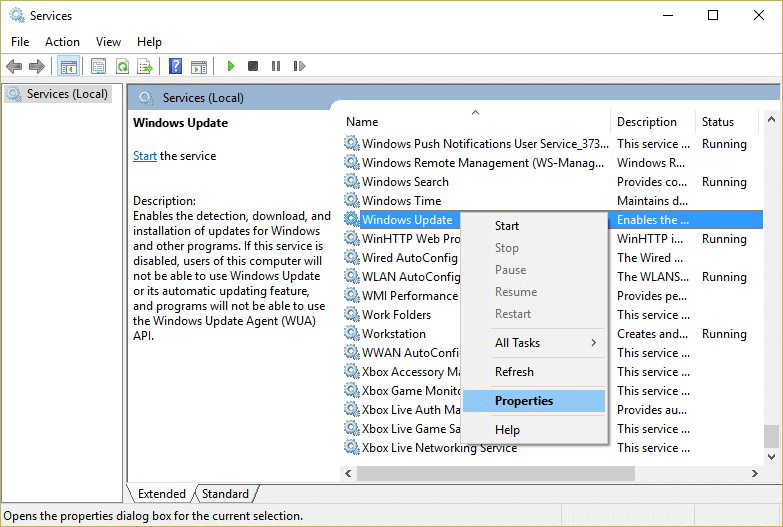
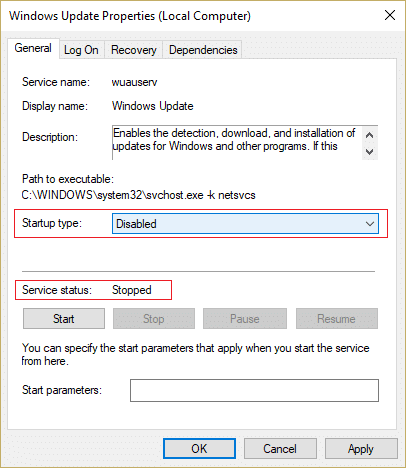
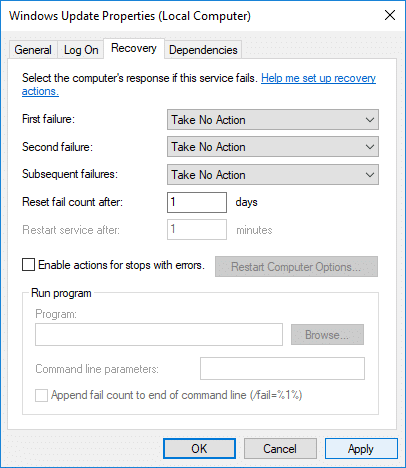
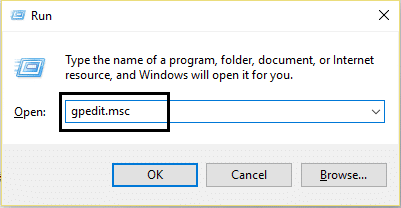
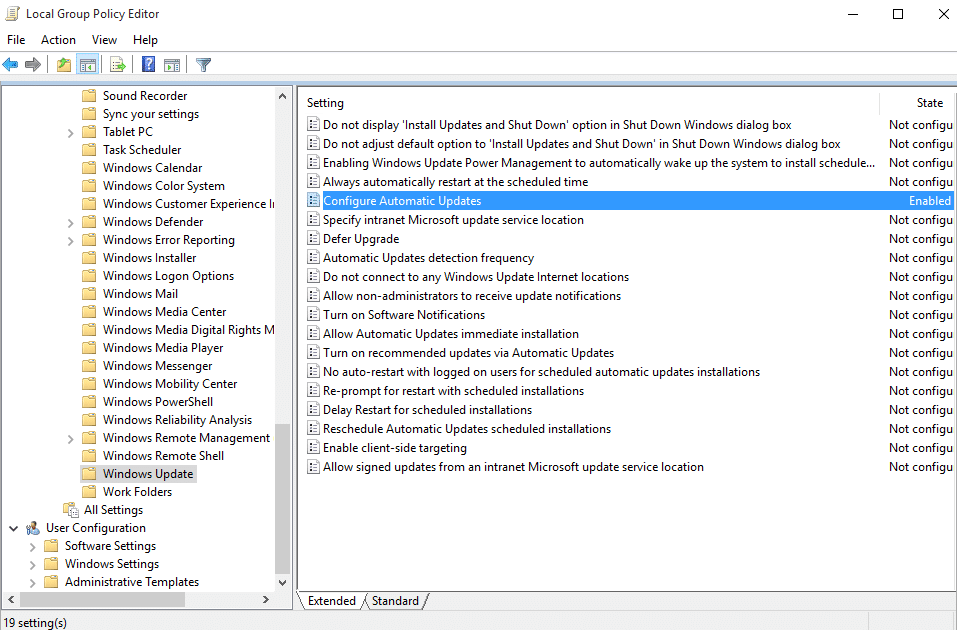
![Disable Automatic Windows Update using Group Policy Editor | Stop Windows 10 Update Completely [GUIDE]](https://lbsite.org/wp-content/uploads/2023/02/Disable-Automatic-Windows-Update-using-Group-Policy-Editor.png)
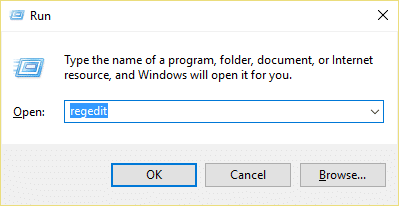
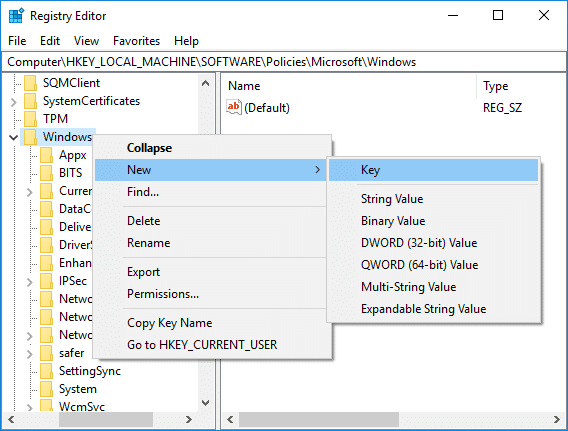
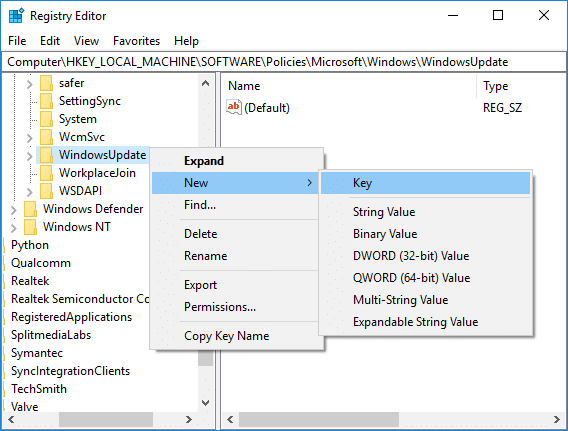
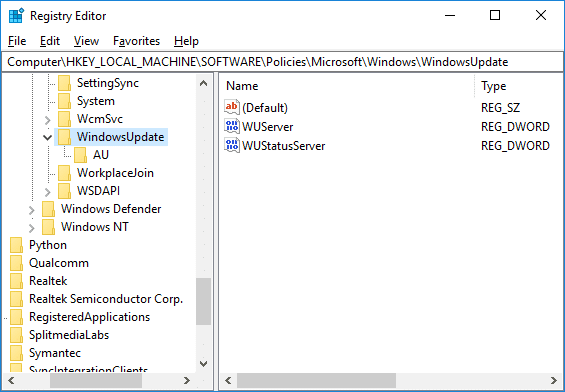
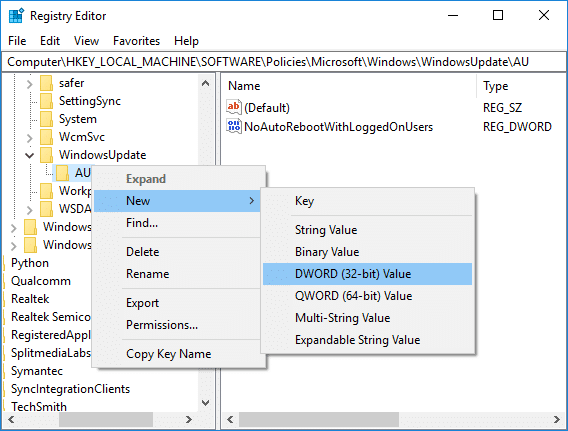
![Name this DWORD as NoAutoUpdate and press Enter | Stop Windows 10 Update Completely [GUIDE]](https://lbsite.org/wp-content/uploads/2023/02/Name-this-DWORD-as-NoAutoUpdate-and-press-Enter.png)
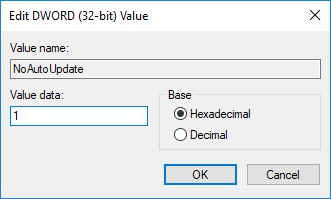
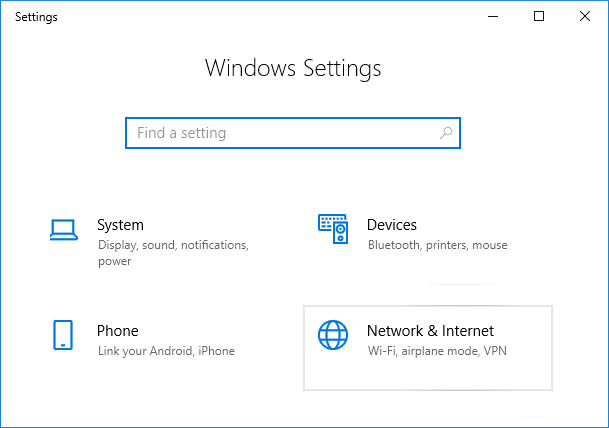
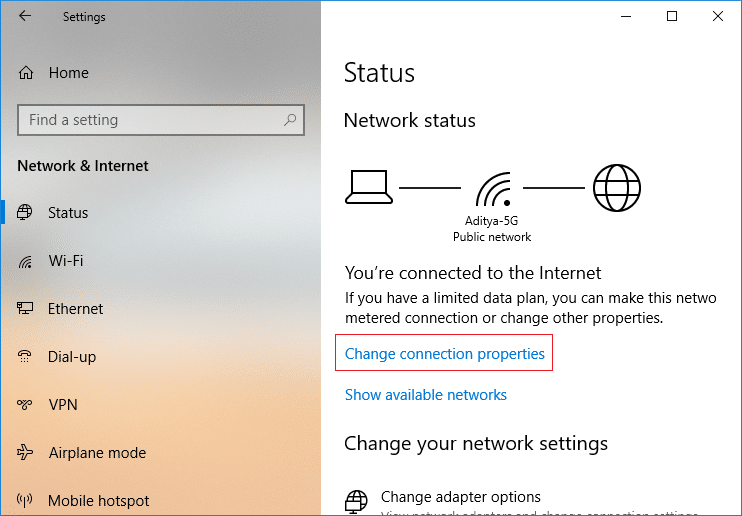
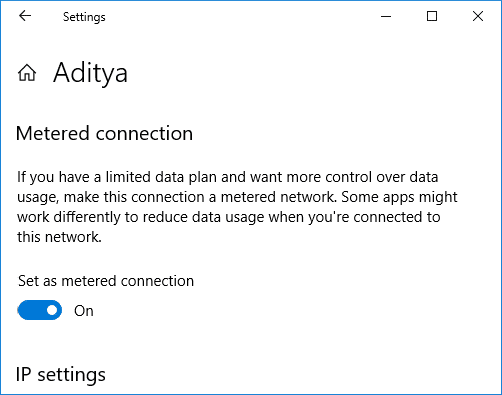
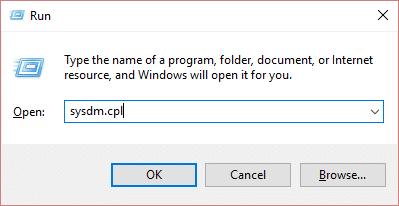
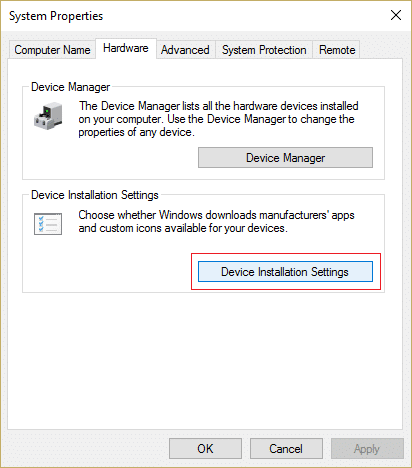
![Check mark on the No and click Save Changes | Stop Windows 10 Update Completely [GUIDE]](https://lbsite.org/wp-content/uploads/2023/01/Check-mark-on-the-No-your-device-might-not-work-as-expected-and-click-Save-Changes.png)
